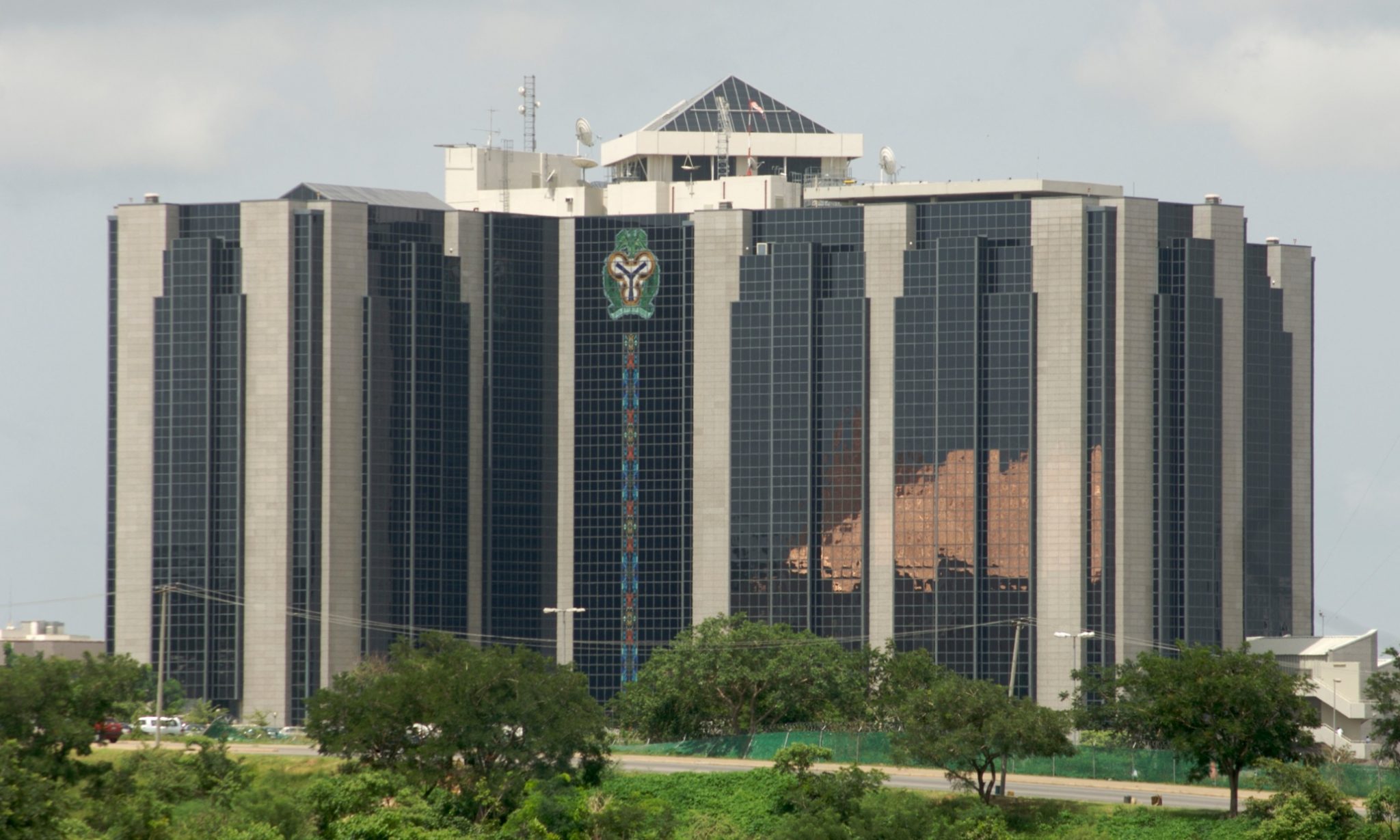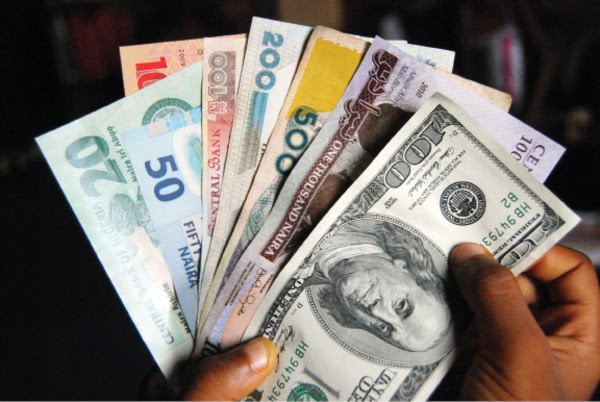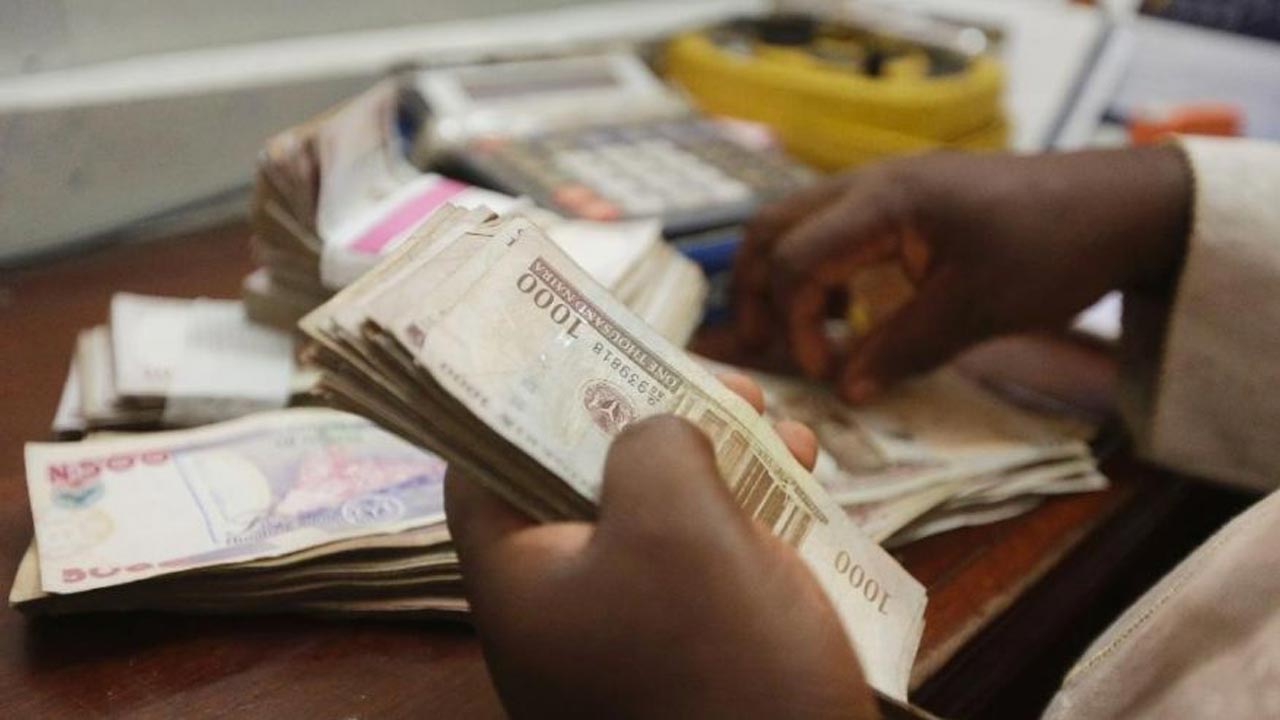By Henry Boyo
The popular understanding of the mechanism for determining naira exchange rates is that its rate becomes stronger when the international price of crude oil rebounds and we earn increasing foreign exchange.
However, it has always been a challenging task to explain that, historically, there is no evidence to support such an expectation. It is even more difficult to explain that naira rate has often remained static and oftentimes, even depreciates whenever Nigeria fortuitously earns increasing foreign exchange from rising price and surplus output of crude export.
Hopefully, however, the following listings of prevailing exchange rates between 1996 and 2017 against critical reserves with the Central Bank of Nigeria should be more revealing: 1996-8: $4bn-N80=$1; 2003: $8bn- N137=$1; 2007: $54bn-N125=$1; 2009: $63bn-N149=$1; 2012: $44bn-N166=$1; 2014: $35bn-N190=$1; 2016: $6.2bn-N400=$1; 2017: $30bn-N380=$1.
Nonetheless, the article with the above title, “So, who is afraid of a stronger naira”, was first published on June 2, 2014 in this paper. See, also www.lesleba.com. A summary of that article, however, follows hereafter:
“Last week’s article identified the advantages of a stronger naira exchange rate to include much lower inflation and interest rates, increasing industrial expansion, with rapidly rising employment opportunities. Furthermore, a stronger naira will also eliminate fuel subsidy and reduce the size and cost of our national debt. (See, “Advantages of a stronger naira” first published on May 26, 2014 at www.lesleba.com).
Consequently, this week’s article will examine why the Central Bank of Nigeria still consciously promotes a monetary strategy that deliberately weakens the naira. Hopefully, the following interrogative narrative will also identify major beneficiaries of weaker naira exchange rates.
Why does the CBN consciously promote a weaker naira with its substitution of naira allocations for dollar-derived revenue?
The CBN hinges its defence of this economic buccaneering of the current provisions on revenue allocation in Section 162(1) of the Constitution, which stipulates that all financial accruals must be consolidated in a federation account before sharing. Unfortunately, the CBN has wrongly interpreted Section 162 to also imply that all non-naira-denominated revenue must first be converted to naira before sharing. Nonetheless, it is evident that the CBN’s substitution of naira allocations for dollar-derived revenue instigates the unyielding dark clouds of excess naira, and the collateral burden of a weaker exchange rate, with its diabolical train of economic distortions.
If the CBN stops substituting naira for dollar revenue, how can beneficiaries spend their allocations, since dollar is not a legal tender in Nigeria?
The constitutional beneficiaries of dollar revenue would receive dollar certificates for their allocations of dollar-derived revenue. However, these certificates must first be converted to naira at a properly designated commercial bank, before spending.
What is the difference between naira substituted by the CBN and naira exchanged for dollar certificates from the banks?
The naira substituted by the CBN is actually additional fresh naira supply, which the banks may leverage to instigate over tenfold increase in money supply, if the mandatory Cash Reserve Ratio is, for example, 10 per cent. Thus, this process of naira substitution continuously promotes the presence of surplus naira and induces the disenabling environment of high inflation and interest rates, weaker exchange rate, increasing national debt, severely hamstrung industrial subsector, high rate of unemployment, increasing fuel subsidy, and widening gap between the rich and poor.
Conversely, the exchange of dollar certificates directly through commercial banks by beneficiaries will not necessarily increase money supply to induce the disenabling encumbrances listed above. In fact, the banks will become more protective of their naira stock, so that their cash positions are not unduly jeopardised, whenever depositors want access to their funds. Ultimately, in such ambience, the naira exchange rate will become stronger, as more dollar certificates chase the relatively stable existing stock of naira in the system.
What will be the economic implication of a stronger naira exchange rate?
Quite simply, the result will be the direct opposite of the adverse consequences listed above, from a weaker naira. Thus, perceived systemic surplus naira will be exorcised gradually from our monetary system, with welcome product of sustainable single digit cost of funds, across board to the real sector, and inflation rates (closer to best practice inflation rates elsewhere), at well below four per cent.
Thus, with subsisting low cost of funds and the absence of excess liquidity, the size and cost of servicing our national debt will also fall remarkably.
Such an enabling environment with a stronger naira purchasing power will rapidly create millions of jobs nationwide, while the increase in salaried workers would further stimulate consumer demand, which will in turn instigate further industrial expansion, with still more job opportunities and taxable revenue for government.
Ultimately, fuel prices will fall below the current N97/litre, with a much stronger naira below N80:$1, and save the princely sum of about $12bn (N2tn) for infrastructural enhancement annually from the total elimination of fuel subsidy; fuel smuggling into neighbouring countries will also become unprofitable.
So, if it’s all so simple, who are those afraid of dollar certificates and a stronger naira, and why?
Those who are fervently patriotic about the sovereignty of the national currency, but are ignorant of the process, which determines the naira/dollar exchange rate are misguidedly opposed to a stronger naira. The other bastion of opposition expectedly comes from the major beneficiaries of the current economically poisoning process of the CBN’s substitution of naira allocations for dollar revenue.
For example, the CBN’s unbridled and unconstitutional recent interventions and the reckless spending, which characterised Lamido Sanusi’s term as governor, were funded from the apex bank’s self-styled buoyant ‘own’ forex reserves, which ironically were consolidated, simultaneously with deepening poverty induced by the CBN’s substitution of naira allocations for dollar revenue.
How does the CBN’s substitution of naira for dollar-derived revenue fund corruption?
The liberal latitude for corruption in public service is facilitated by the ‘eternal’ presence of ‘embarrassingly’ surplus naira in an economy, without requisite accountability; for example, the church rat will expectedly be lean and well-trimmed of excess fat, when compared to its close cousins, who live in holes and crevices in an active bakery, replete with surplus food.
Is the public sector the only beneficiary of the substitution of naira allocations for dollar-derived revenue?
No, the banks are also major beneficiaries of this skewed system. For example, the banks earn over N300bn annually from the simple business of receiving government deposits at zero per cent and lending such funds back to government at double-digit interest rates. Indeed, with such high returns, it is not surprising that banks show little interest in supporting the real sector. Curiously, government has become heavy debtors to the same banks that have custody of government’s free funds.
Furthermore, banks also promote capital flight, and make huge gains from round-tripping and speculative consolidation of foreign exchange, despite the adverse consequences on the economy.
The Bureaux De Change are also proxy beneficiaries of the current system, and they nonchalantly fund the millions of dollars illegally ferried across our borders daily. The BDCs evidently also fund activities of smugglers who cause considerable damage to our local industries, and constrain employment opportunities.
It is inexplicable that the CBN is reluctant to relinquish dollar revenue to the constitutional beneficiaries, but the apex bank wilfully allocates dollars to the BDC operators, who may, in turn sell at a profit to any customer, including the original owners of the dollars!
Will payment of dollars not also facilitate capital flight?
It could, but no one is suggesting the payment of raw dollar cash; dollar certificates are not valid for domestic transactions, and their values cannot be repatriated abroad without direct collusion from the CBN.
Indeed, how much longer can we deny this figurative elephant of the CBN’s mismanagement of money supply in our economy?”



